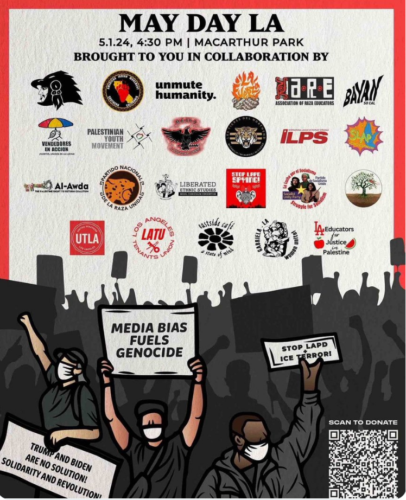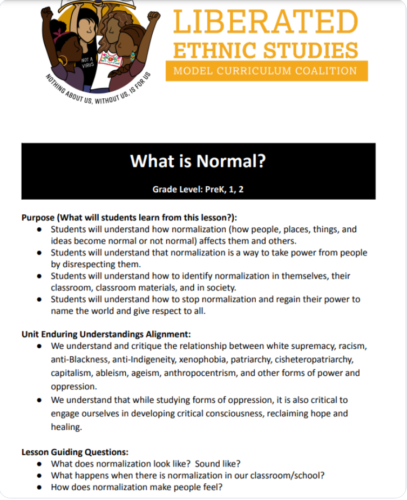Kamala Harris has talked a lot about ‘equality,’ and she doesn’t mean equality before the law, nor equality of opportunity but equality of outcomes, ie, equity in the current terminology of the Left. (video) Many other “progressive” politicians have adopted similar positions, though rarely expressed in quite so explicit and extreme a manner. But I would argue that very few among those politicians and other prominent or influential people who argue for ‘equity’ or ‘equality’ really want any such thing.
Consider, for example: Many people in ‘progressive’ leadership positions are graduates of the Harvard Law School. Do you think these people want to see a society in which the career, status, and income prospects for an HLS grad are no better than those for a graduate of a lesser-known, lower-status (but still very good) law school? C’mon.
Quite a few ‘progressive’ leaders are members of prominent families. Do you think Teddy Kennedy would have liked to see an environment in which he and certain other members of his family would have had to answer for their actions in the criminal courts in the same way that ordinary individuals would, without benefit from connections, media influence, and expensive lawyers?
The prevalence of ‘progressivism’ among tenured professors is quite high. How many of these professors would be eager to agree to employment conditions in which their job security and employee benefits were no better than those enjoyed by average Americans? How many of them would take a salary cut in order to provide higher incomes for the poorly-paid adjunct professors at their universities? How many would like to see PhD requirements eliminated so that a wider pool of talented and knowledgeable individuals can participate in university teaching?
There are a lot of ‘progressives’ among the graduates of Ivy League universities. How many of them would be in favor of legally eliminating alumni preferences and the influence of contributions and have their children considered for admission–or not–on the same basis as everyone else’s kids? Yet an alumni preference is an intergenerational asset in the same way that a small businessman’s store or factory is such an asset.
Do you think that Hillary Clinton would be happy living as an ordinary individual, without power, status, national and global recognition, and, yes, the money she and her husband have been able to accumulate in their lifetime of ‘public service’? (I remember she once chose to wear a $12K Armani jacket while delivering a speech lamenting Inequality) Is Kamala herself not seeking a rather extreme form of inequality by seeking the highest office in the land? Is not regular access to Air Force One a form of inequality at least as potent as a billionaire’s access to the business or personal jet that he owns?
The reality is that ‘progressivism’ is not in any way about equality, it is rather about shifting the distribution of power and wealth in a way that benefits those with certain kinds of educational credentials and certain kinds of connections, and, especially those who are holders of important political offices. And remember, power is always and everywhere transmutable into wealth. Sometimes that wealth is directly in monetary form, as with the millions of dollars that former presidents such as Clinton and Obama have made from speaking fees, or the money made by a former government official who leverages his contacts into an executive job with a an energy company even though he may have minimal knowledge of either energy or business. And sometimes the wealth takes the form of in-kind benefits, like a governor’s mansion or access to government aircraft. (Those who lived in the old Soviet Union and Eastern Europe can tell you all about in-kind benefits for nominally low-paid officials.) Plus, power itself provides a kind of ‘psychic income’, which can be as valuable to the beneficiary as is monetary income.
And, almost always, today’s ‘progressivism; is about the transfer of power from individuals to credentialed ‘experts’ who will coerce or ‘nudge’ people to do what those experts have decided would be best.
To a very substantial extent, the talk about ‘equity’ and ‘equality’ is a smokescreen, conscious or unconscious, behind which ‘progressives’ pursue their own economic, status, and ego agendas. It is a about a kind of class warfare, conducted on a horizontal rather than a vertical basis. If your career is based on academic credentials from an ‘elite’ university, or on political connections, or on being in a politically-favored industry, you would come out ahead under the Harris-Walz view of how things should work. But if your career is based on hard work, measurable accomplishment, and creativity, not so much. Especially if you are not willing to eagerly express agreement with whatever the elements of the ‘progressive’ worldview might be at any particular time.




